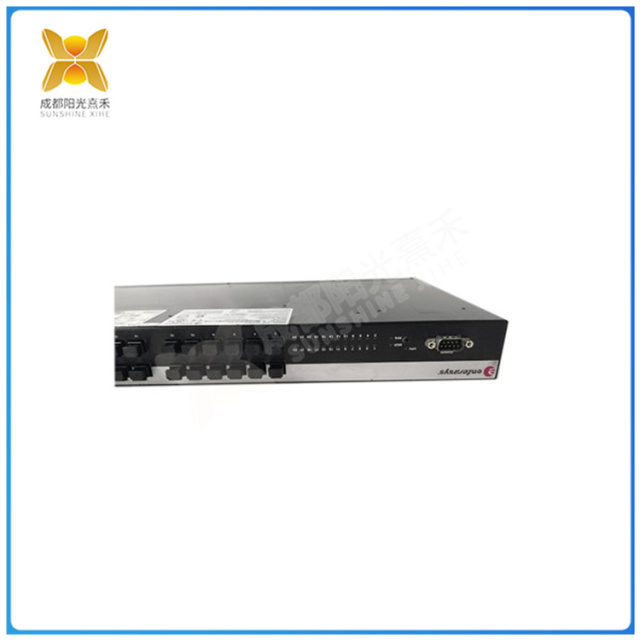The selection of the appropriate terminal module for a A4H124-24FX specific application requires consideration of several factors:
Electrical characteristics: need to consider the electrical characteristics of the terminal module, such as voltage, current, frequency, etc. These characteristics need to be matched to the electrical requirements of the application to ensure the accuracy and reliability of signal transmission.
Connection mode: Consider the connection mode of the terminal module, such as screw terminal, spring terminal, insert terminal, etc. Different connection modes are applicable to different application scenarios and need to be selected according to the actual situation.



Number and arrangement: The number and arrangement of wires and cables that need to be connected need to be considered. Terminal modules usually have different number and arrangement of connection terminals, you need to select a suitable terminal module to meet the actual requirements.
Protection level: The protection level of the terminal module needs to be considered to ensure that it can work properly in a specific environment. For example, in humid, corrosive or explosive environments, terminal modules with a high level of protection need to be selected.
Reliability and durability: The reliability and durability of the terminal module need to be considered to ensure that it can work stably for a long time. Terminal modules with high-quality materials and manufacturing processes need to be selected to improve their reliability and durability.
Cost: The cost of the terminal module needs to be considered to ensure that it is within the budget. Select a cost-effective terminal module that meets application requirements.

















